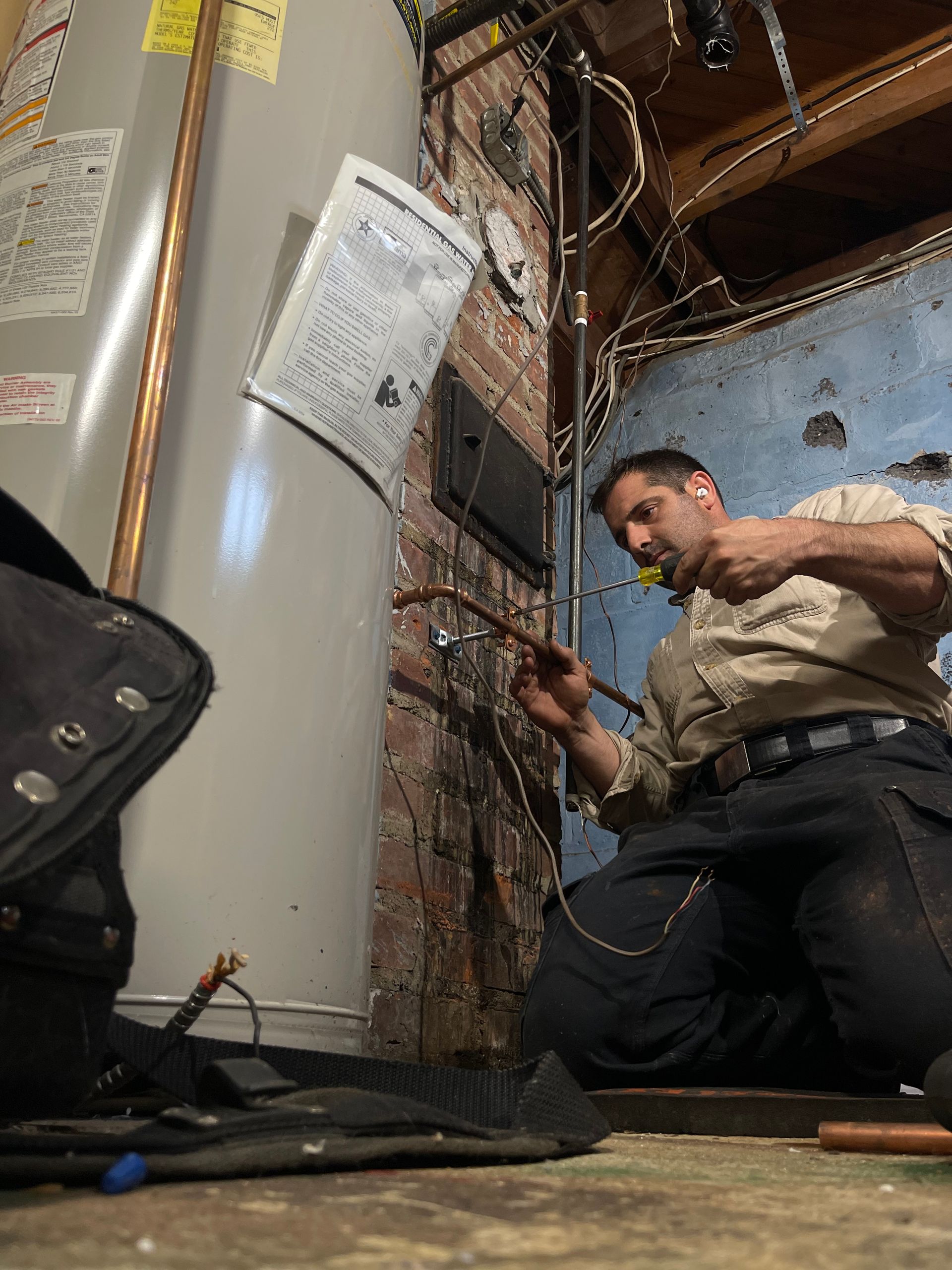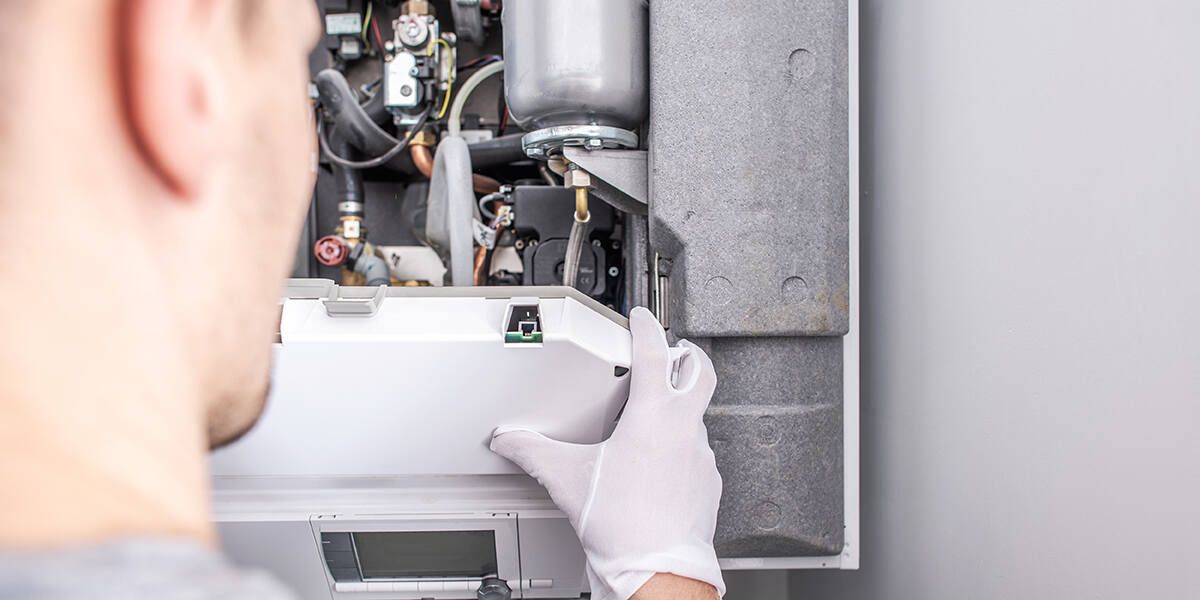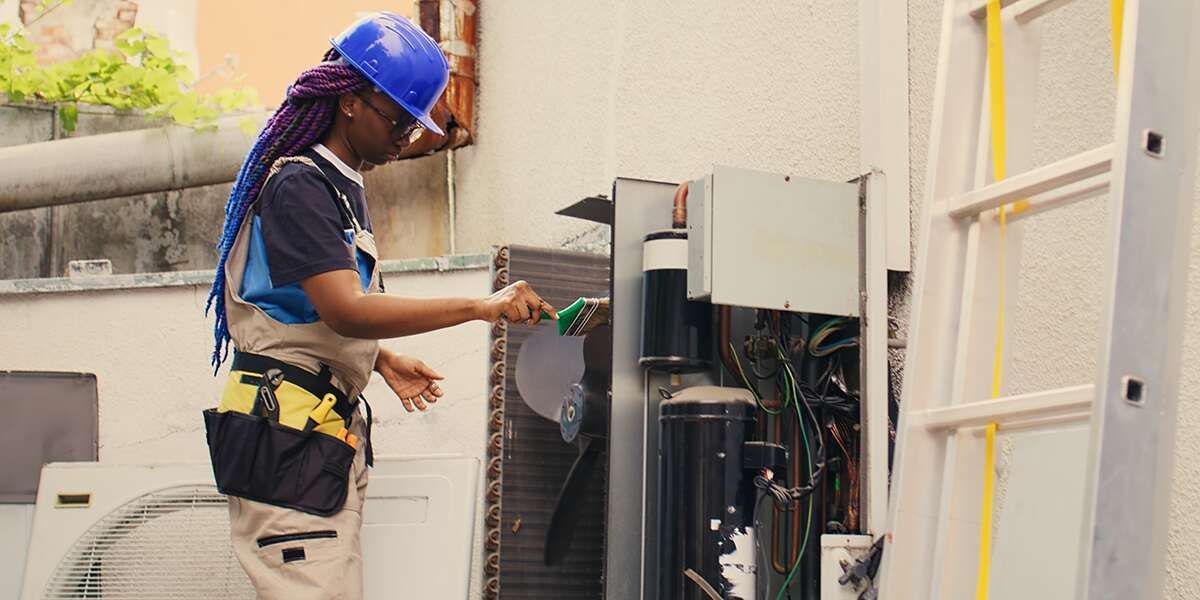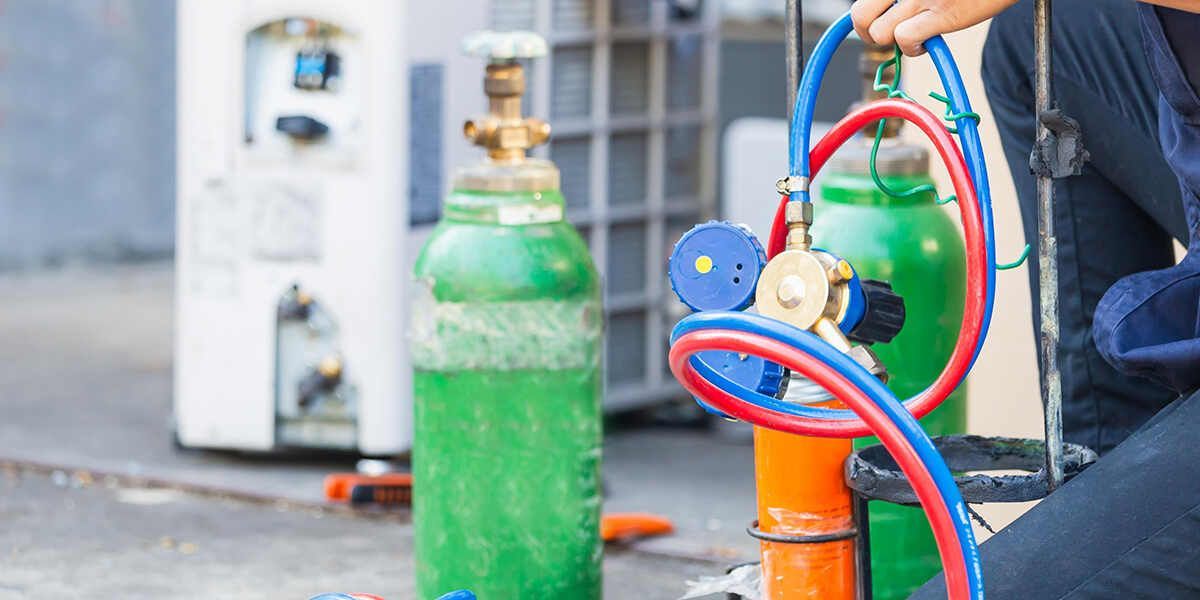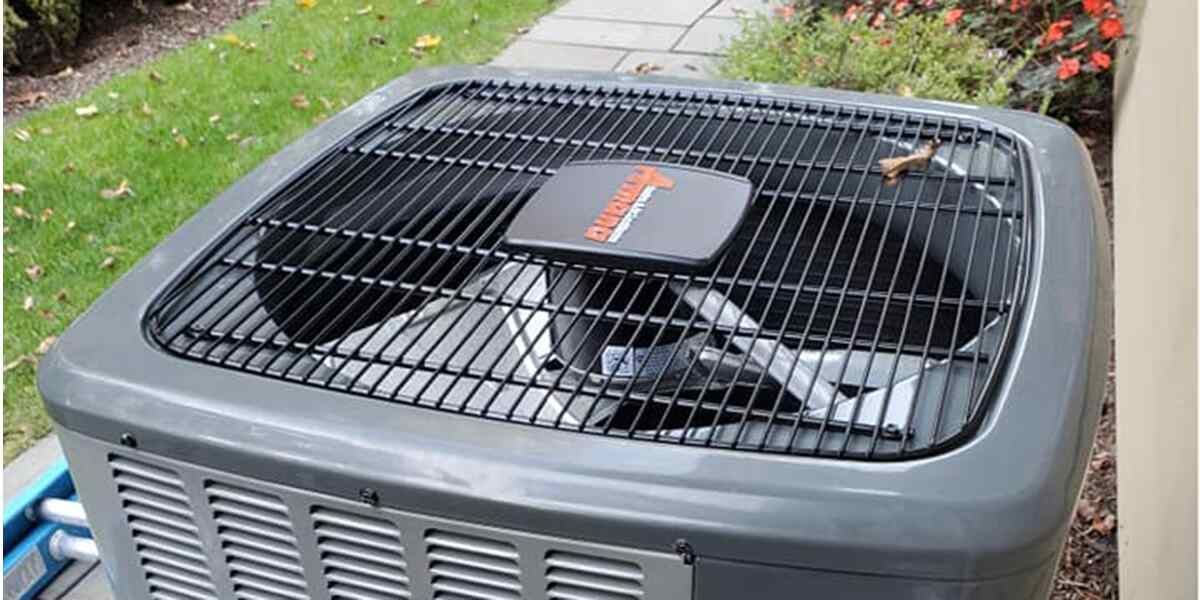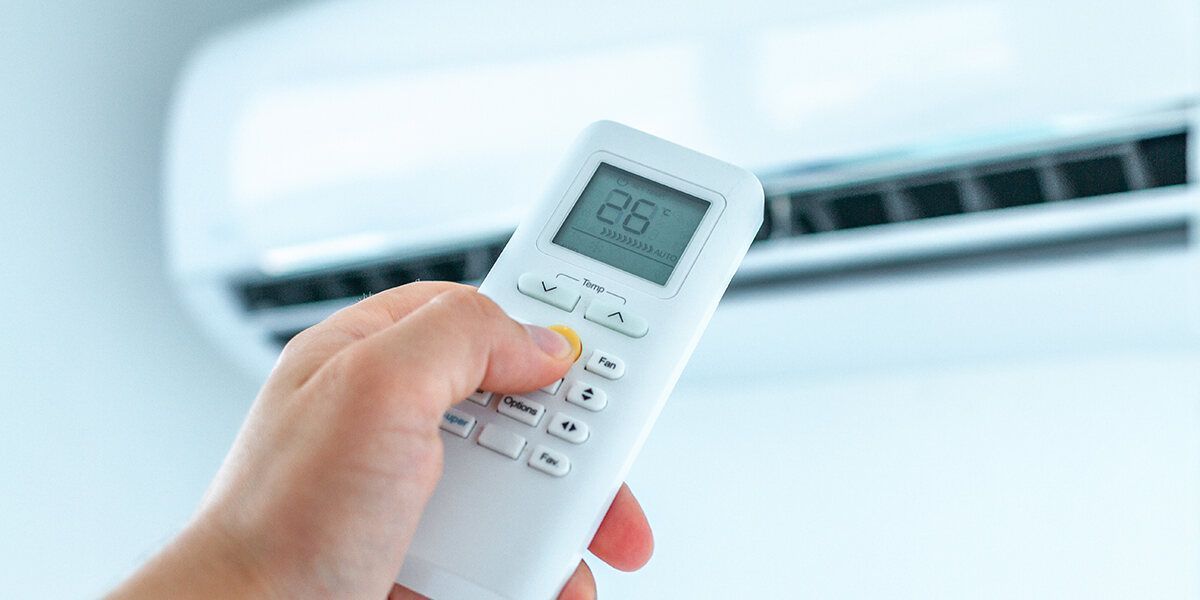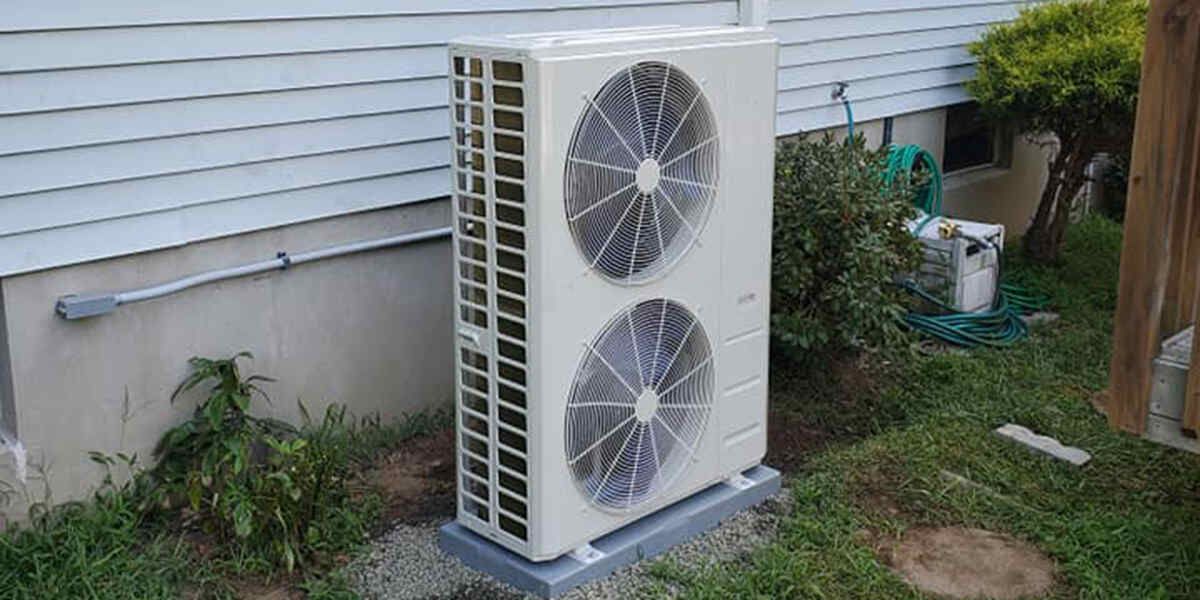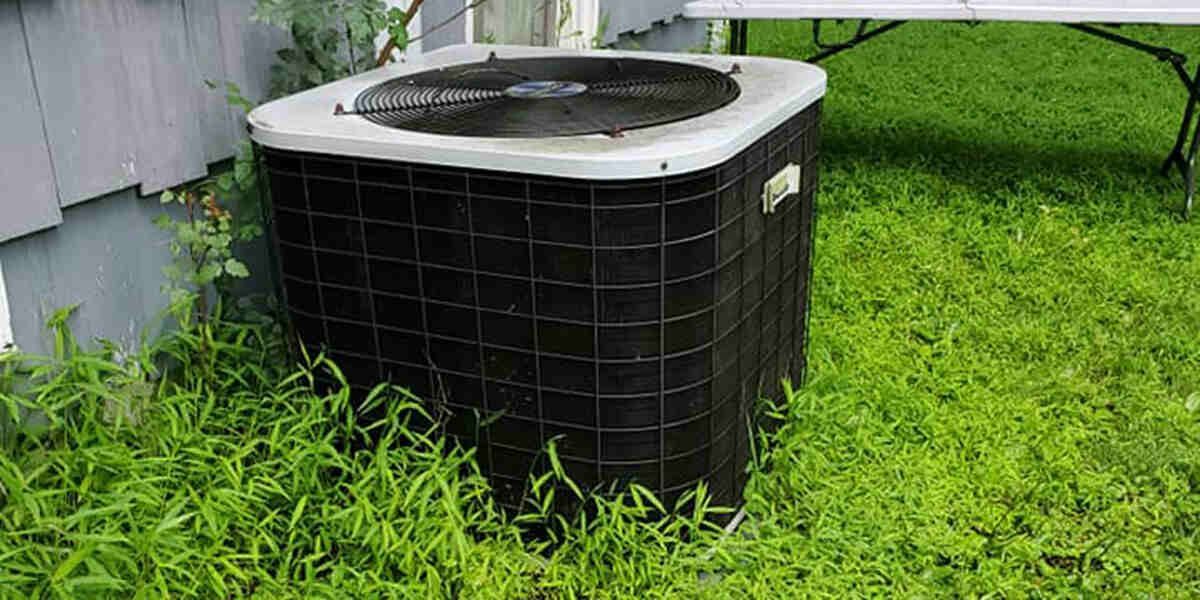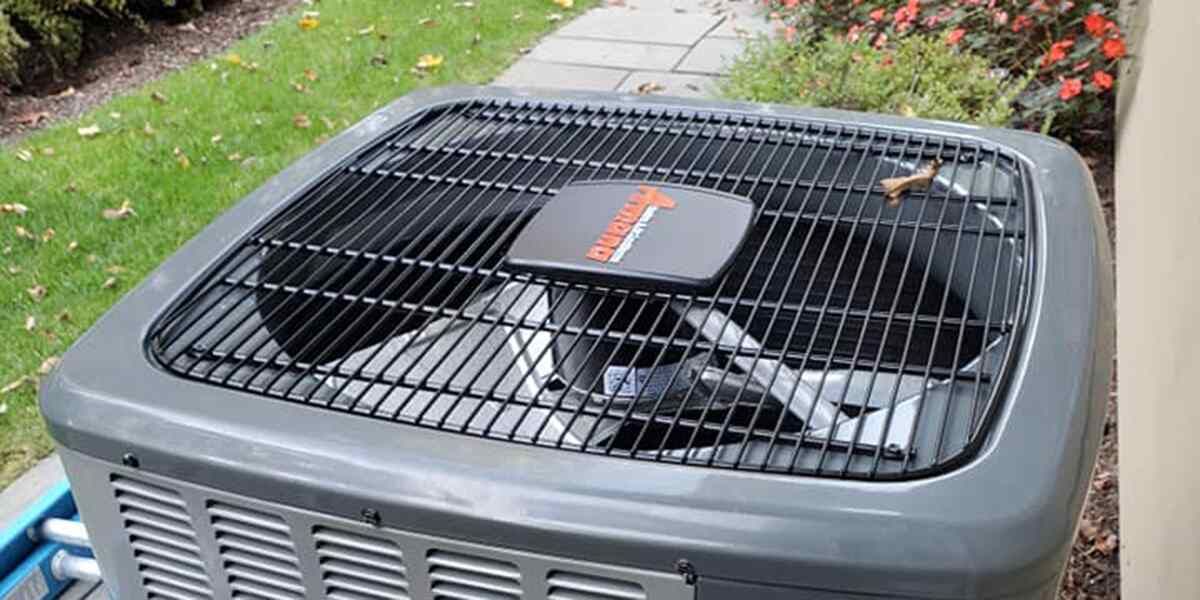Is a Freon Leak Dangerous?
Comfort Specialists
While our AC systems are crucial for maintaining our home's comfort levels, issues can still occur. While rare, a Freon leak isn't something to take lightly. Even though Freon is far less common today, an older AC unit or other appliance may use Freon.
In this guide, we'll answer the question, "Is a Freon leak dangerous?" We’ll also cover how to identify a Freon leak and why you should call a professional HVAC team. An HVAC contractor in Randolph, NJ, can help deal with Freon leaks and other potentially hazardous issues.
What Exactly Is Freon?
Before answering whether a Freon is dangerous, it's essential to know what Freon is. The Chemours Company, Dupont’s parent company, originally trademarked the name Freon.
Freon refers to various chemicals in air conditioners, freezers, and aerosol cans. Freon found in most modern homes today is Freon 22, or R-22 refrigerant.
Heat pumps and air conditioners use refrigerant to transfer indoor heat to the outside or vice versa. R-22 refrigerant was the most popular type from the 1930s to the 1980s, used widely in air conditioners and heat pumps.
However, experts eventually discovered that Freon damages the earth's ozone layer. Since this discovery, manufacturers have found other ways to create cool air. As a result, the more environmentally friendly refrigerant, R-410A, soon replaced R-22.
Today, it's rare to find an AC unit made after 2005 that uses Freon. Additionally, by law, any units made after 2010 can't use Freon.
However, your air conditioner may still use Freon to cool your home. Besides causing environmental issues, a Freon leak can harm you and your family.
Problems Freon Leaks Can Cause
A Freon leak from an air conditioner or other appliance can happen due to:
- A poor or unfinished installation
- Accidental damage caused to the unit
- Intentional damage, such as vandalism
- Factory defects present in your unit before installation
- Metal corroding from formic acid or formaldehyde
When leaking, Freon will quickly escape from your AC unit. Since Freon is an extremely lethal toxin, you'll want an expert HVAC technician to fix the leak. Health problems that Freon leaks can trigger include:
- Breathing problems like shortness of breath
- Poor concentration, stability, and movement
- Dizziness and vertigo
- Skin rashes, especially for family members who have sensitive skin
- Frostbite or chemical burns from direct contact
Additionally, this substance can poison you if ingested. Symptoms of refrigerant poisoning include:
- Severe headaches
- Irritated throat, nose, and eyes
- Nausea
If left untreated, refrigerant poisoning can quickly escalate into seizures, a loss of consciousness, and even death.
A typical Freon leak inside a home probably won't trigger these bad conditions initially. However, failing to correct the leak can increase exposure, eventually triggering these issues.
How Can You Detect Freon Leaks?
The best way to prevent a Freon leak is through regular AC servicing. Doing so can prevent potential issues from occurring. This strategy is especially crucial for avoiding Freon leaks.
Freon leaks typically start very small but can quickly expand. Professional HVAC technicians refer to these leaks as champagne leaks. Professionals give them this name because you can generally detect the hole when evaporator coils form small bubbles.
Besides inspecting your evaporator coils, other signs of a Freon leak include:
- Your home's air doesn't get or stay as cool as it should
- The evaporator coils inside of your indoor air conditioner are freezing over
- Humidity levels are higher than they should be
- Your energy bills increase
After noticing these symptoms, you should check your indoor air handler and outdoor condenser unit to see if they're making a hissing noise. This hissing indicates the refrigerant is escaping.
If you hear this hissing sound, taking immediate action is vital. First, get all your children, pets, and other family members outside. Next, open all your doors and windows, and then turn on any fans to help blow contaminated air out.
Lastly, call one of our technicians at Comfort Specialists. Our team is available 24/7 and can provide emergency services when you need them.
Call Comfort Specialists Today
While Freon leaks are rare, they can still occur. The best way to prevent Freon leaks is by having an expert AC service on your side. The right service can detect issues early on and implement corrective strategies for your air conditioner and heat pump.
Our team brings years of experience and the best certified technicians. Learn why you should have regular heat pump maintenance and other services by calling Comfort Specialists today at (973) 490-4881!



